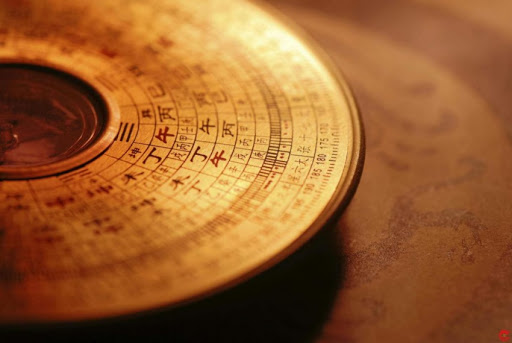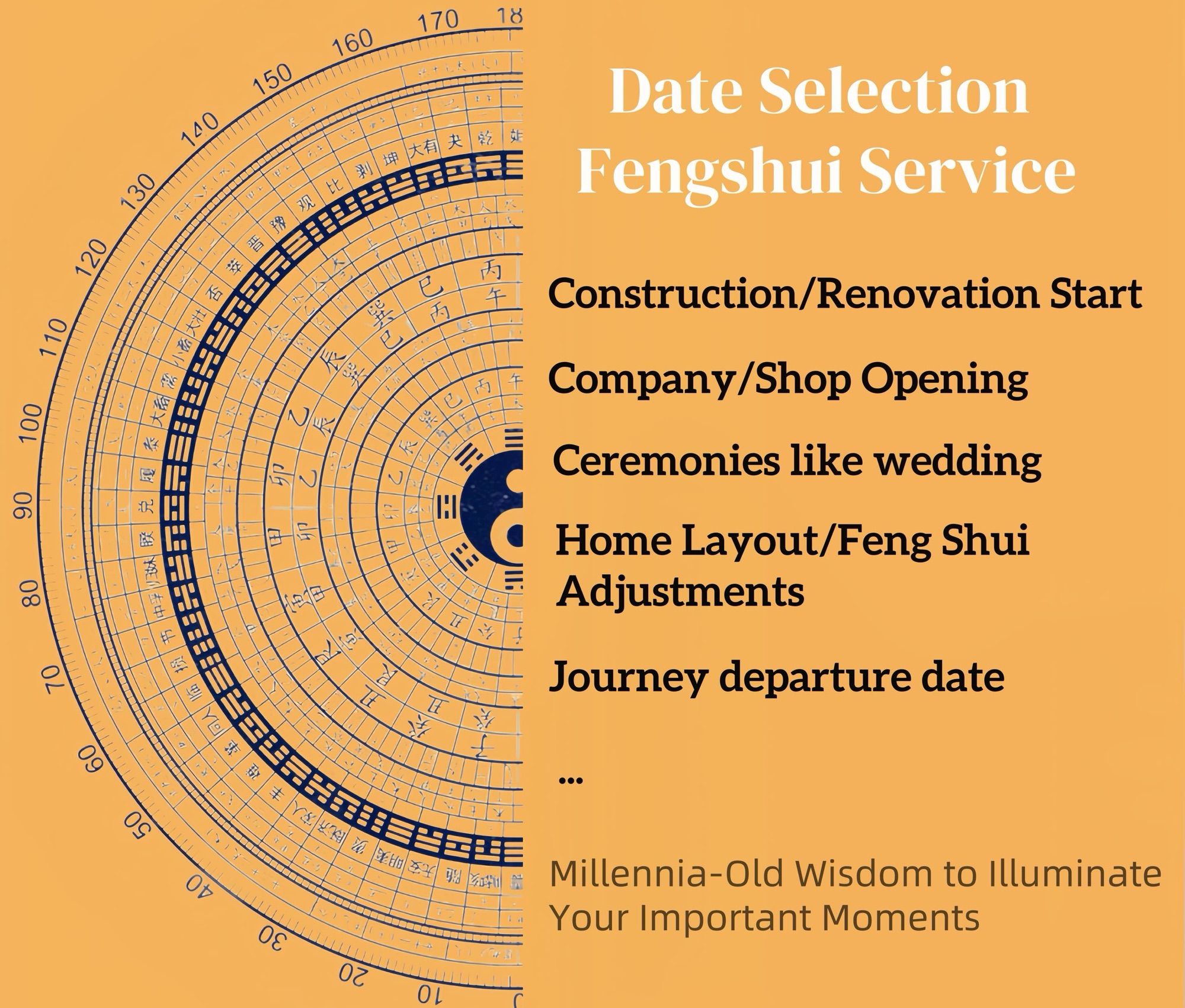In Chinese traditional culture, date selection (choosing an auspicious day and time) is a long-standing and highly valued custom. Whether it’s for weddings, business openings, moving, or breaking ground for construction, people hope to choose the right day to attract good fortune, avoid misfortune, and pray for smoothness and happiness. Date selection culture not only reflects the ancient Chinese understanding of natural laws but also integrates wisdom from astronomical calendars, yin-yang and the five elements, heavenly stems and earthly branches, and folk religion. Today, let’s dive into this ancient and fascinating cultural phenomenon.
1. The Scientific Foundation of Date Selection: Astronomical Calendars
Ancient Chinese astronomy was highly advanced. By observing the movements of the sun, moon, and stars, the ancients created time systems such as the lunar calendar and the 24 solar terms. These calendars not only guided agricultural activities but also became essential tools for date selection.
- Auspicious Days (Huangdao Jiri): The ancients believed that when the moon reached certain positions, it brought auspicious energy. Therefore, date selection often refers to “auspicious days” when the moon is in a favorable position.
- Solar Terms and Date Selection: For example, the Spring Equinox and Autumn Equinox are considered days of yin-yang balance, making them suitable for important events.
2. The Philosophical Core of Date Selection: Yin-Yang and the Five Elements
The theory of yin-yang and the five elements (metal, wood, water, fire, and earth) is a cornerstone of ancient Chinese philosophy and a central principle of date selection culture. Combined with the heavenly stems and earthly branches, it forms a complex set of rules for choosing dates.
- Date Selection Based on Bazi (Eight Characters): Using an individual’s birth year, month, day, and hour (known as “Bazi”), an auspicious date is calculated. For example, wedding dates are chosen to avoid clashes with the couple’s Bazi.
- Five Elements Balance: Date selection considers the interactions of the five elements. For instance, a business opening date might align with the owner’s dominant element to enhance luck.
3. The Time-Space Marker of Date Selection: Heavenly Stems and Earthly Branches
The heavenly stems (10 in total: Jia, Yi, Bing, Ding, etc.) and earthly branches (12 in total: Zi, Chou, Yin, Mao, etc.) form a 60-year cycle used to mark time and space in ancient China.
- Interactions of Stems and Branches: Date selection analyzes the compatibility between the day’s stems and branches and an individual’s Bazi. For example, a business opening date should avoid clashing with the owner’s Bazi.
- Tai Sui (Grand Duke Jupiter): Each year has a “Tai Sui”方位 (direction), and dates conflicting with it are avoided to prevent misfortune.
4. Folk and Religious Elements in Date Selection
Date selection culture is deeply intertwined with Taoism, Buddhism, and folk beliefs about luck and misfortune.
- Taoist Influence: The belief in Tai Sui plays a significant role in date selection. People perform rituals to honor Tai Sui and avoid conflicts.
- Folk Customs: For example, moving to a new home often involves an “entry ritual” to pray for peace, while wedding dates avoid inauspicious years like the “widow year.”
5. Common Occasions for Date Selection in Chinese Culture
Date selection is woven into many aspects of Chinese life. Here are some common scenarios:
- Construction and Renovation
- Choosing auspicious days for building or renovating homes to ensure smooth progress and safety.
- Business Openings and Project Launches
- Selecting dates to enhance business success and project outcomes.
- Weddings and Funerals
- Wedding dates symbolize marital happiness, while funeral dates express respect and blessings for the deceased.
- Moving and Office Relocations
- Auspicious moving dates bring prosperity to new homes or workplaces.
- Newborn Rituals
- Dates for a baby’s first haircut or 100-day celebration symbolize healthy growth.
- Home Feng Shui Arrangements
- Choosing dates for bed placement, deity altar setup, and wealth corner arrangements to boost family fortune.
6. The Modern Significance of Date Selection
- Cultural Heritage
- Date selection is an essential part of Chinese traditional culture, reflecting ancient wisdom and respect for natural laws.
- Psychological Comfort
- Beyond tradition, date selection provides psychological reassurance, boosting confidence and reducing anxiety.
- Ritual and Meaning
- It adds a sense of ritual to important events, making life more orderly and meaningful.
- Modern Applications
- In today’s world, date selection remains practical. For example, businesses use it to enhance brand image, while couples embrace it to connect with cultural traditions.
Conclusion
Chinese date selection culture is a crystallization of wisdom from astronomical calendars, yin-yang and the five elements, heavenly stems and earthly branches, and folk religion. It is not just an ancient custom but also a profound understanding of natural laws and a pursuit of a better life. In modern society, date selection continues to thrive, adding a sense of ritual and auspiciousness to people’s lives. Whether for traditional festivals or modern events, date selection will remain a cherished practice, accompanying us through every important moment.
If you’re interested in date selection culture, feel free to leave a comment or share your experiences!




Leave a Reply